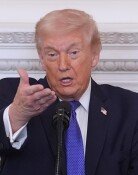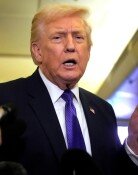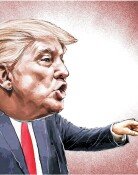Korea Impresses Eastern European Guests
Korea Impresses Eastern European Guests
Posted September. 30, 2005 08:12,
We didnt expect this much, said the next generation leaders of 10 eastern European nations, mostly in their 20s and 30s. They handed out praise after seeing Koreas prosperity for the first time. They are leading figures in the political community, government, academia, and the press from countries including Czech, Rumania, Poland, and Bulgaria. They were visiting Korea from September 21 to 28 at the invitation of the Korea Foundation.
This visit was planned to promote Korea among figures in the Eastern European region, where Korea is little known.
During the stay, they visited the Institute of Foreign Affairs and the Korea Security and National Economic Institute to hear about the security situation on the Korean peninsula and Koreas economic development. They also stopped by Gyeongju, the millennium-old capital city of the ancient Shilla Kingdom to look at cultural assets like the Seokguram, a cave temple, and Bulguksa Temple. They also visited industrial facilities including a Hyundai Motors plant.
They unanimously said they were impressed and would talk to others about what they saw when return.
A 33-year-old lawmaker of the Social Democratic Party of Lithuania said, Whenever I saw advertisements by Korean companies, I thought they were exaggerating. After seeing Korea, now I realize they deserve it, and added, I will make efforts in expanding trade with Korea.
The dean of Philosophy at the University of Bohemia in Czech said, I will open a course on Korea, and will seek ways to start academic exchanges and cooperation with universities in Korea. The head of the department of Law and Economics at Tallinn University in Estonia said, I will review the possibility of compiling a Korean-Estonian dictionary.
However, some of them complained about the English skills of Koreans, saying that it was strange for a country with such high economic status to be lacking in that area. They said they wanted to know what young Koreans think and asked questions to some of them on the street, but to no avail.
They also made some critical comments. Some of them said, I dont understand why everybody drives a car when Korea entirely relies on imports for its oil, and, Korea has an excellent traditional culture, but it seems efforts to preserve it are insufficient.
Jae-Young Kim redfoot@donga.com







